A Legendary Tradition: Turkish Breakfast

Imagine a breakfast that wraps you in the essence of Istanbul—rich in flavor, history, and the unspoken bonds of family. For Turkish people, the first meal of the day is a cherished ritual, a celebration of life and family. The aroma of freshly brewed Turkish tea, the clinking of delicate tulip glasses, and the sight of a table laden with a colorful array of dishes; This is the essence of a Turkish breakfast —kahvaltı— a tradition effortlessly passed down through generations, cherished for its delicious simplicity and timeless appeal.
Nomadic Beginnings
Our story begins thousands of years ago, with the nomadic Turkic tribes of Central Asia. These resilient people, constantly on the move, relied on practical yet hearty breakfasts to fuel their journeys. Their morning meals were simple yet nourishing, consisting of meat, fermented dairy products, and easily digestible grains. Picture a steaming bowl of soup, flatbread, and perhaps a piece of pastırma (salted dried meat), providing the energy needed for a busy day on foot or horseback.
As Turks migrated across Eurasia, their source of sustenance and way of life evolved with the changing landscapes. As they settled in Anatolia, —also known as “the cradle of civilization”— their cuisine was influenced by the rich mosaic of cultures around them. The basic ingredients remained the same, but they were transformed into more refined and sophisticated dishes with new techniques and ingredients. In Eastern and Central Anatolia, Turkish breakfasts featured hearty soups, dried fruits, meat, dairy, and pide (flatbread), while in Western Anatolia and Istanbul, fresh salads, cured olives, fruits, light cheese, and a variety of leavened breads became staples.
A Feast for the Senses
Today, a Turkish breakfast is a modest feast, a harmonious blend of flavors and textures that reflect the diversity of Turkish and Anatolian cuisine. Imagine sitting at a table adorned with cured savory olives, red pepper paste with crunchy walnuts, eggs with sumac and olive oil, plates of fresh and tangy cheeses, and irresistible jams. Freshly baked bread, still warm from the oven, ready to be dipped into golden honey or spread with creamy kaymak.
The star of the Turkish breakfast table is undoubtedly the tea! Brewed to perfection, Turkish tea is made purely from mature tea leaves, its flavor customizable to individual preferences. Served in small, ince belli (tulip-shaped) glasses, it is a symbol of hospitality and warmth. Depending on the season, you might also find black tea flavored with bergamot, linden tea spiced with clove and cinnamon, or various herbal teas made from wild plants.
And then, there is the coffee…Turkish coffee, with its frothy top and rich aroma, is the perfect conclusion to a leisurely breakfast. Served with a small glass of fruit liqueur and water, it is sipped slowly providing a moment of relaxation and reflection before the day begins.
Cultural Significance of Breakfast
In English, the term “breakfast” means breaking the fast of the previous night. Its translation “kahvaltı”, on the other hand, has a different connotation in the Turkish language. Derived from the words “kahve” (coffee) and “altı” (under), it refers to the food eaten to create a base in the stomach before drinking coffee. This highlights the importance of breakfast as a preparation for the day, not just a meal but a ritual that sets the tone for the hours ahead.
A Moment to Share
For Turks, breakfast is a time to gather with family and friends, to catch up and strengthen bonds each and everyday. Although Turkish breakfast is a leisurely affair, often stretching into the late morning —especially on weekends— it can also be very light and simple. The key is to feature a variety of dishes to allow everyone to nourish themselves, from the simplest slice of bread with butter to the most elaborate spread of meats, cheeses, fresh salads, jams, pastries, and pan-cooked dishes.
A Timeless Tradition
Whether you are in bustling Istanbul or a quiet village in Anatolia, the essence of Turkish breakfast remains the same. It is a celebration of food, family, and tradition, a moment to pause and appreciate the simple pleasures of life and the social harmony in your immediate circle. So, take a moment to savor the flavors, enjoy the company, and remember the rich history that has brought this meal to your table.
In the end, Turkish breakfast is more than just a meal. It is a legendary tradition, a testament to the enduring spirit of the Turkish people, and a fulfilling way to start the day.
Discover how baklava evolved from early Central Asian layered pastries to the refined Ottoman masterpiece we know today…
Explore how yoğurt weaves through Turkish cuisine, from soups and mezes to mains, pastries, and desserts... the timeless taste that ties every meal together.
Science confirms what our grandmothers always knew: sitting down together is the recipe for lifelong health.
Eby’s Golden Guernsey milk is the ‘secret’ ingredient that makes our sütlaç, puddings, pochas, sauces, and soups unforgettable…Reminding us why real quality matters.
From jars of tangy probiotic pickles to real fruit leathers and vitamin-rich tarhana soup mix, we share how a Mediterranean family in Canada prepares their pantry for the long winter, with recipes rooted in tradition, adapted for today.
Istanbul’s cuisine is not a story of invention but of conversation, where Thracian settlers, Greek tavern-keepers, Armenian bakers, Jewish exiles, Kurdish migrants, and Ottoman courts all left their mark on the city’s table.
Preserving food wasn’t a hobby. It was survival, celebration, and creativity all at once.
Mediterranean diet is about memory, movement, and meals that satisfy body and soul.
Before it was a health trend, yogurt was medicine, snack, and staple: fermented on horseback, shared across empires, and still echoing in every spoonful today.
Shared meals don’t just feed the body. They knit our hearts together, heal loneliness, and keep old stories alive at the table.
What if tradition wasn’t about perfection or the past… but about adapting wisdom for a better life today?
From leaves to molasses, from sour to sweet — the grape vine carries 10,000 thousand years of Anatolian wisdom into every season.
More than flavour, preservation is geography, memory, and thousands of years of learning to listen to the land…
Before there were books or blueprints, there were mothers—teaching us how to live, protect, and remember.
The future of your health — and the planet — might depend on something as simple as choosing a ripe tomato in season…
In ancient Mesopotamia, onions were written into cuneiform tablets as food and medicine. In Egypt, they were…
Bayram was more than a holiday; it was a feeling—a time when homes filled with the scent of baklava, laughter echoed through bustling kitchens, and new shoes waited eagerly…
As the sun dips below the horizon, a distant cannon shot and the call to prayer signals the end of the fast. Istanbul’s streets come alive with the scent of freshly baked Ramazan pidesi…


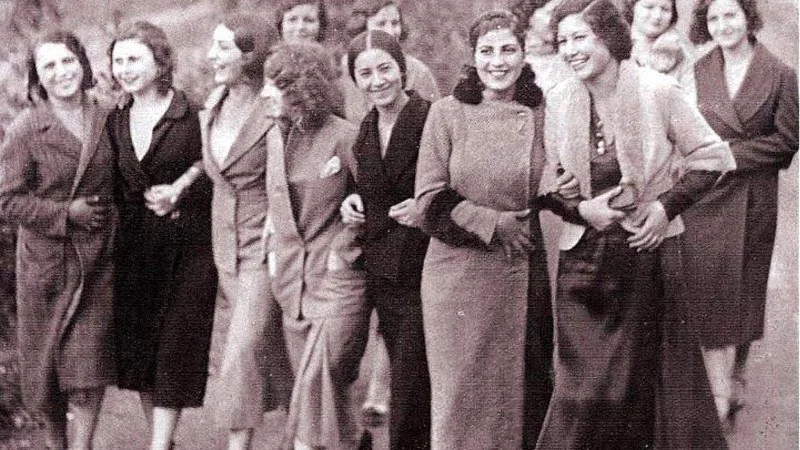



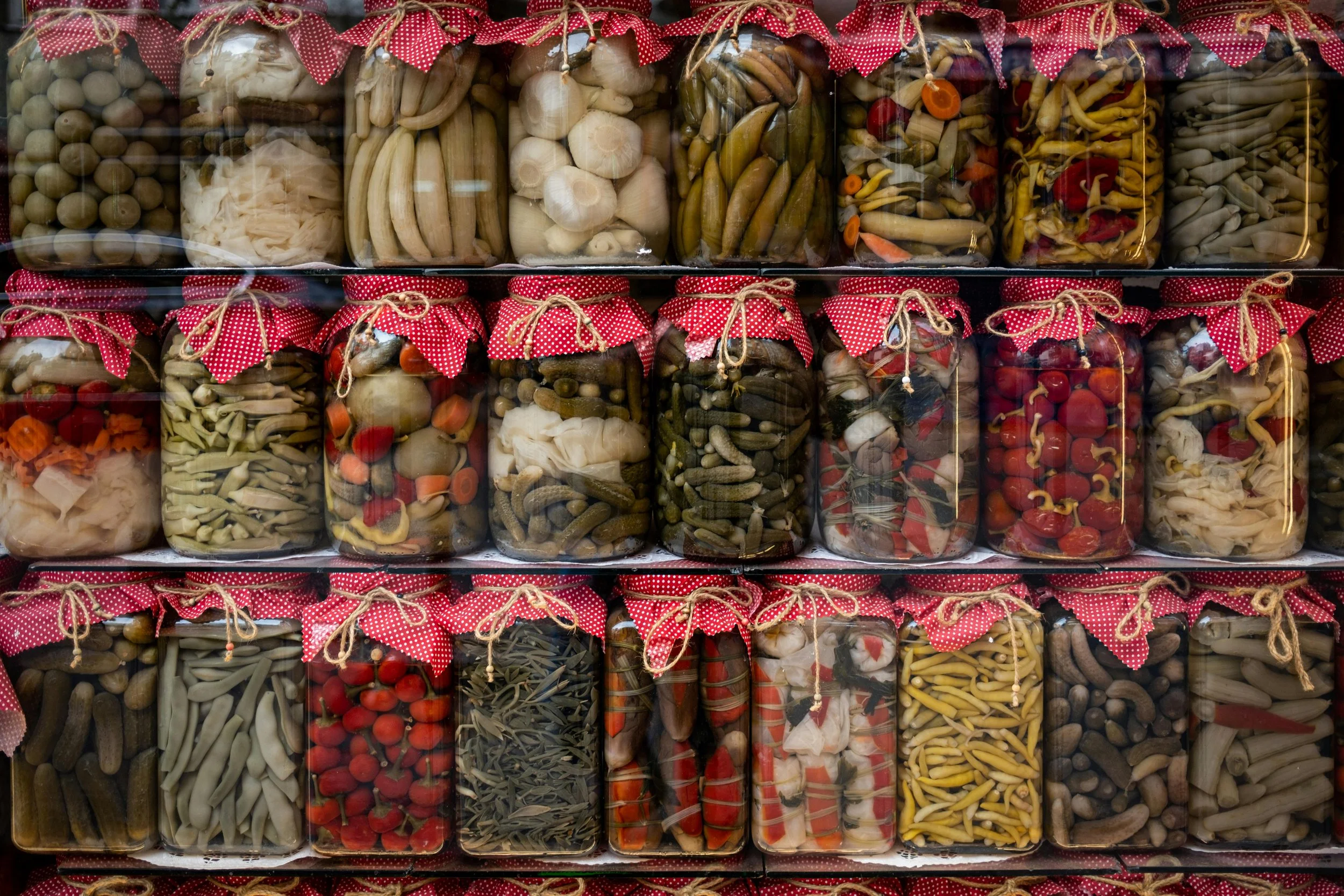



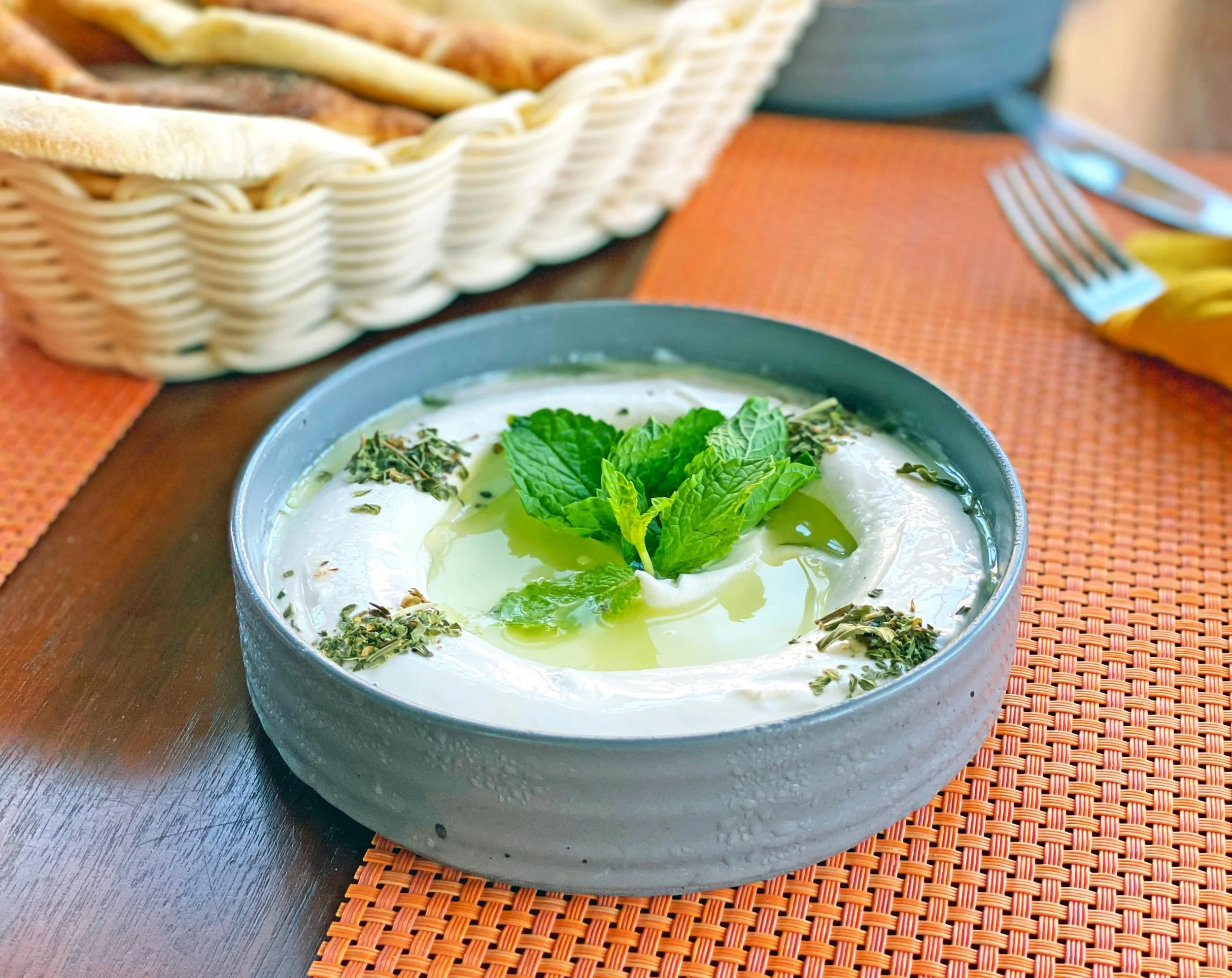

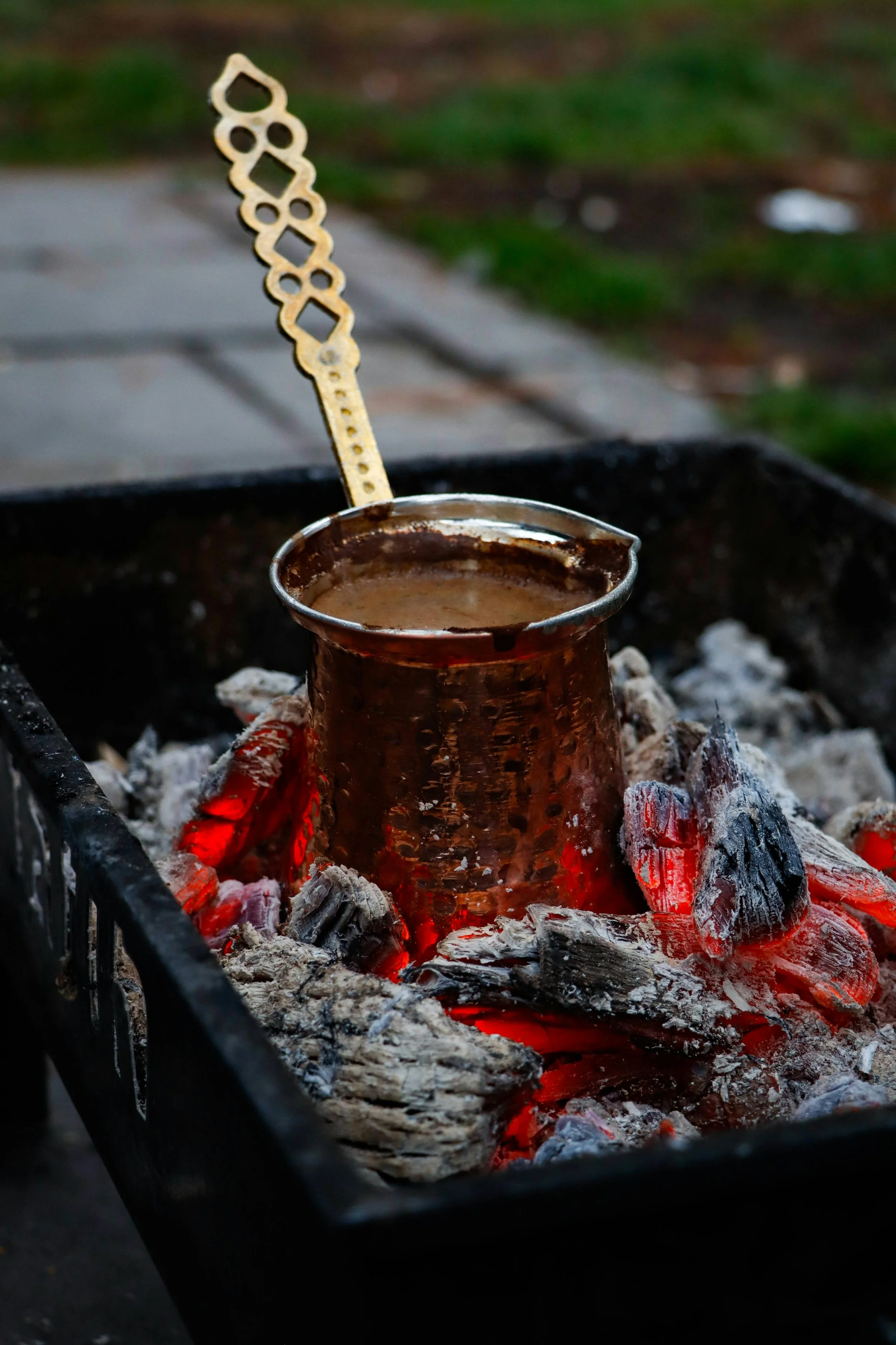






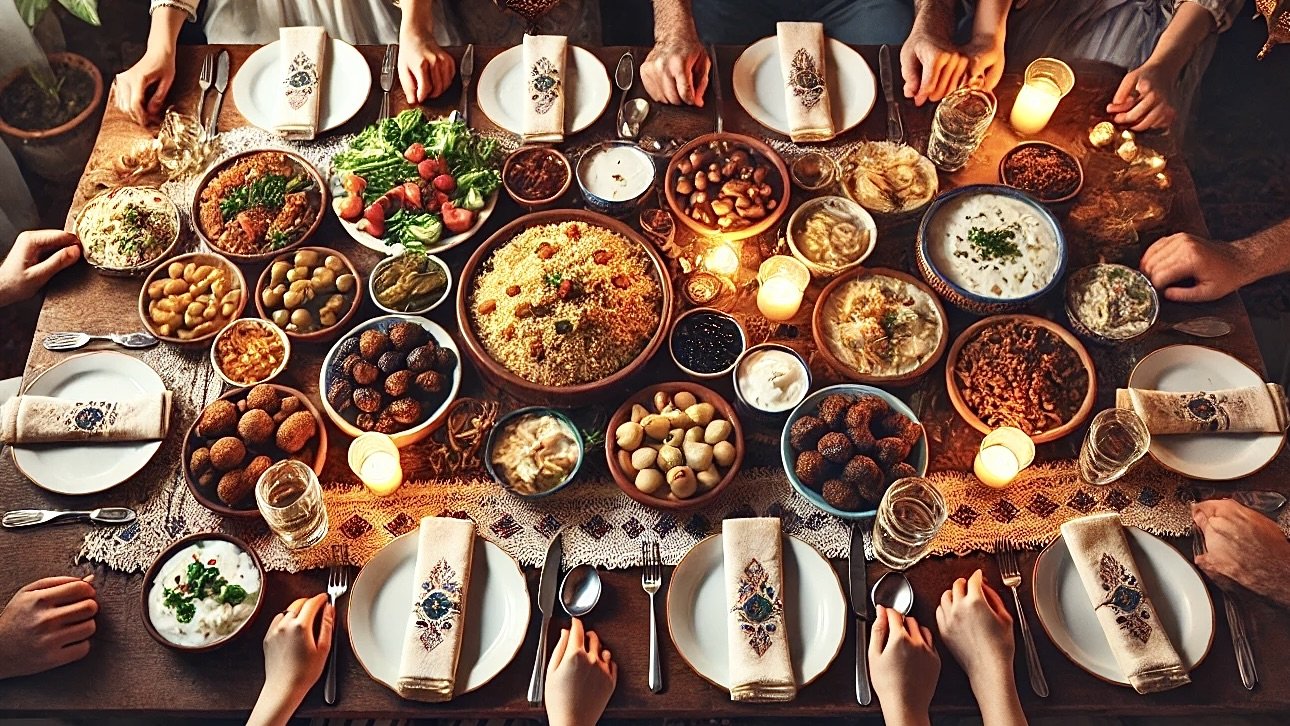


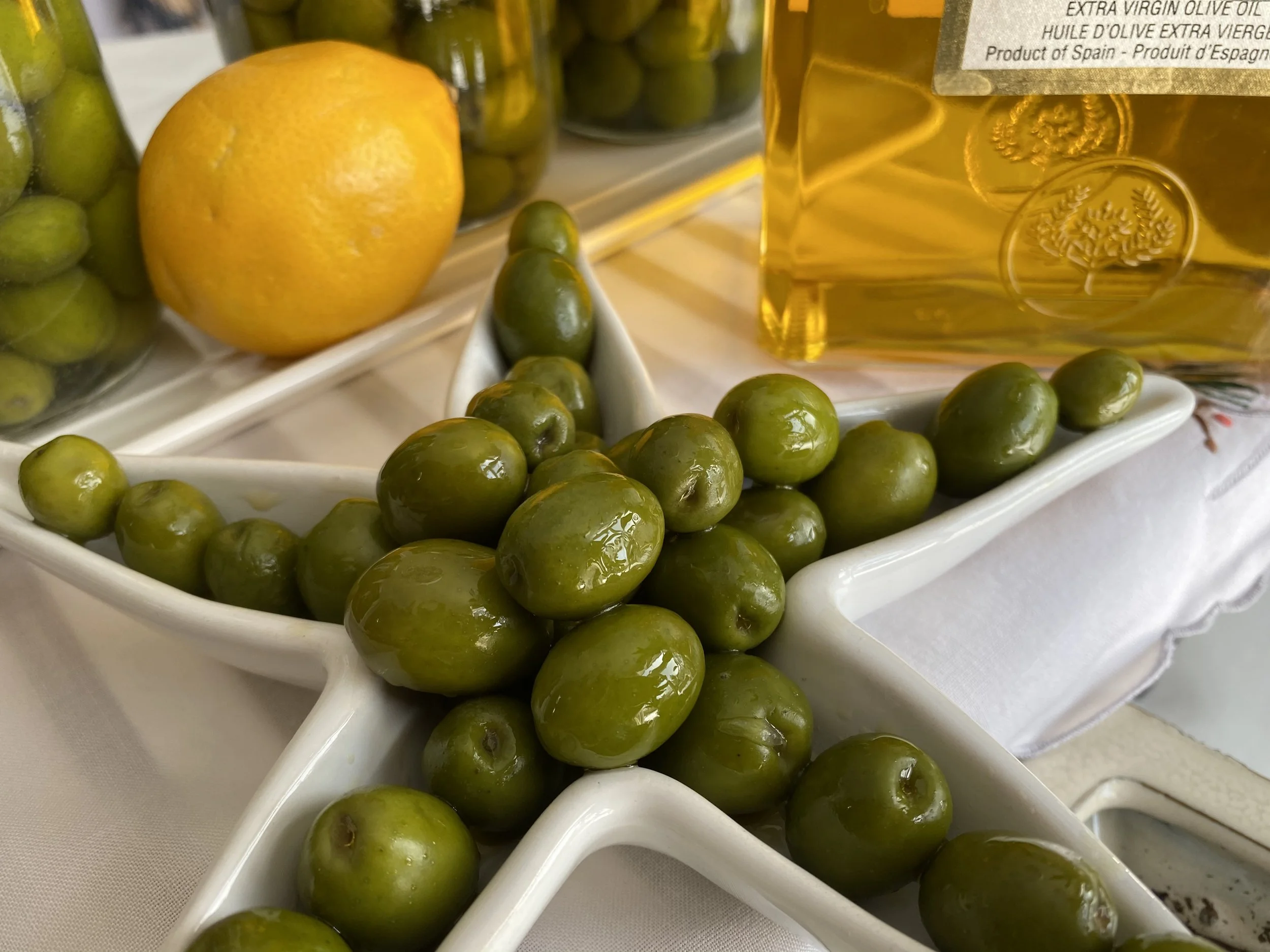
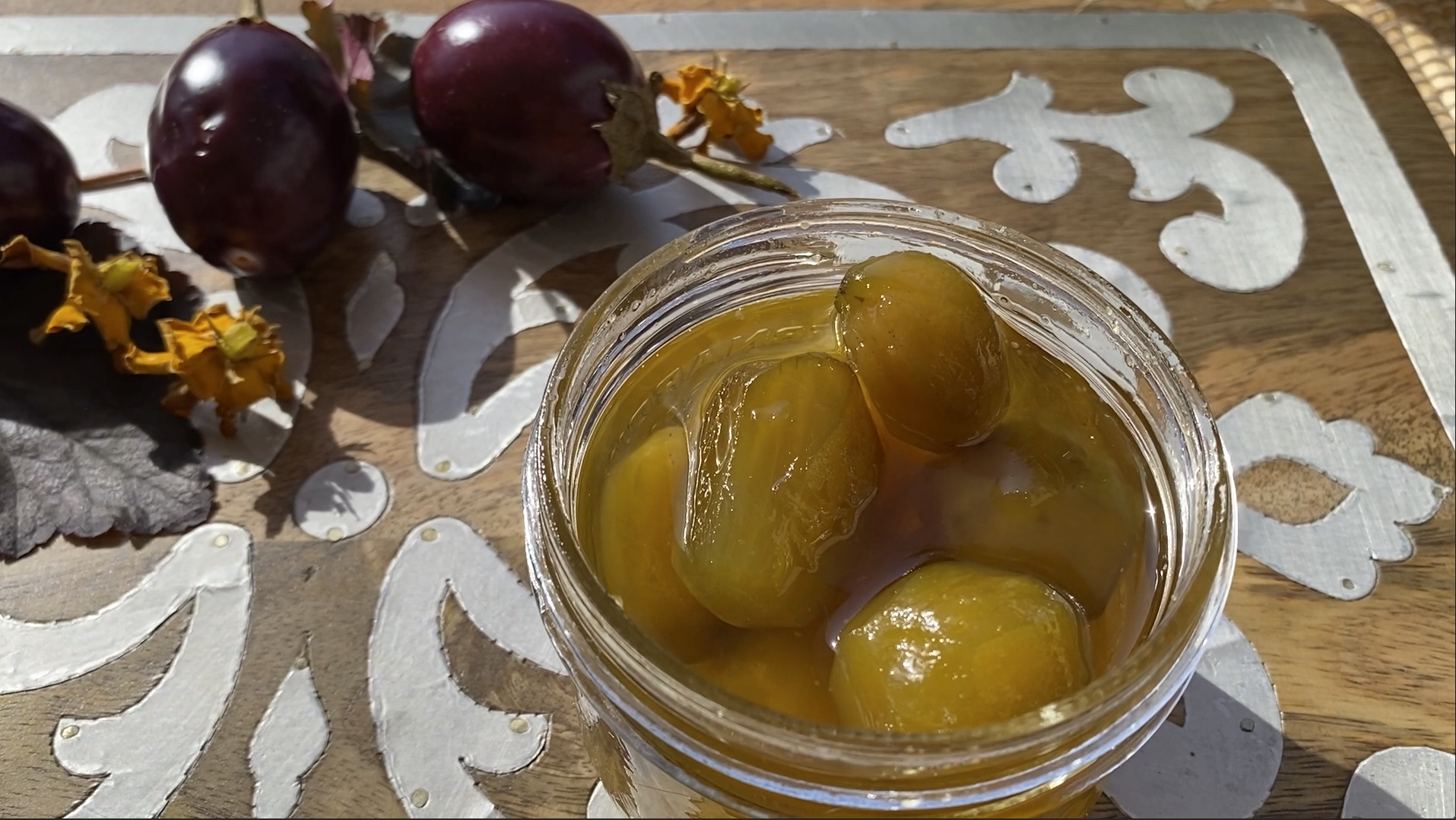
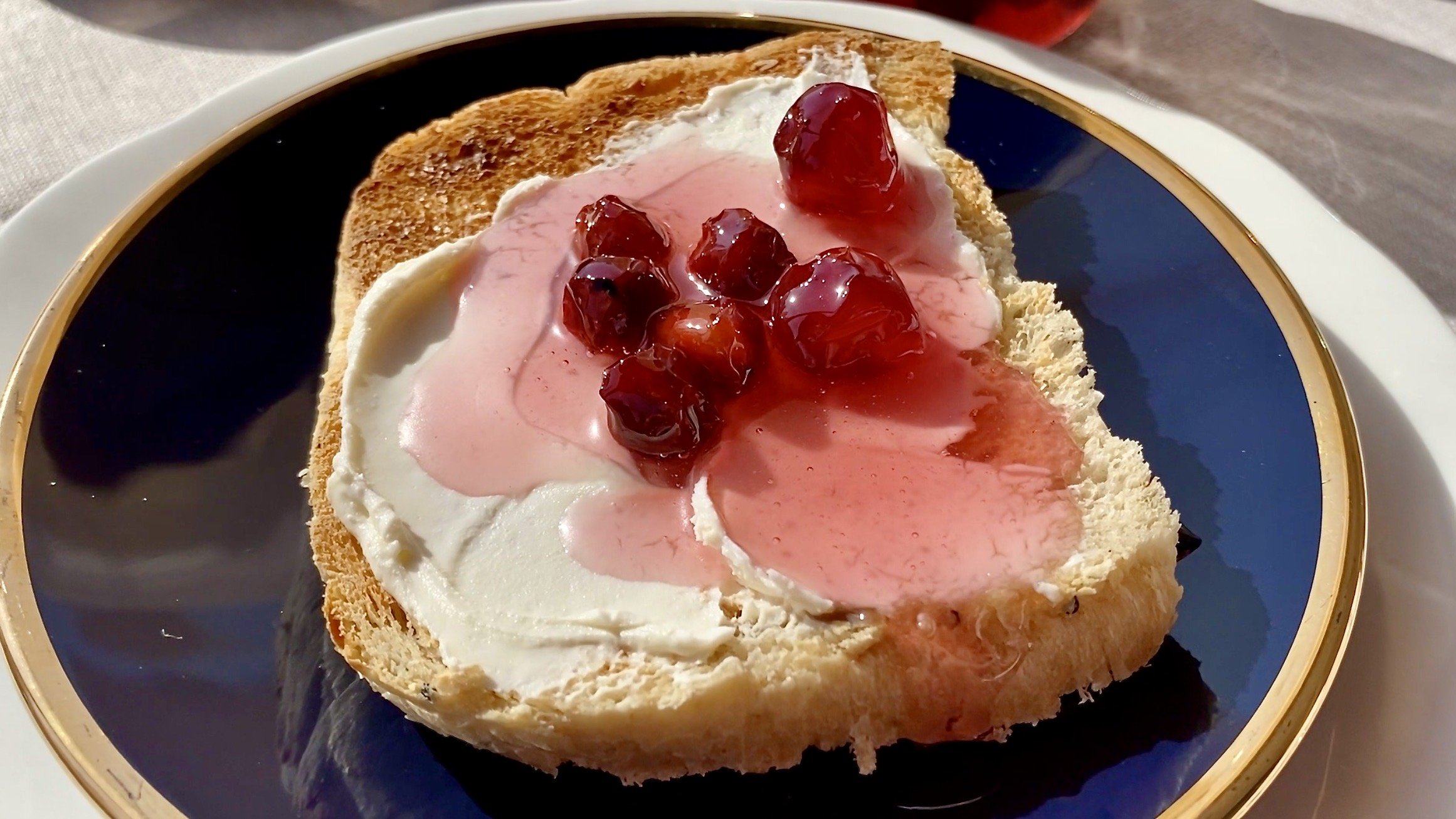


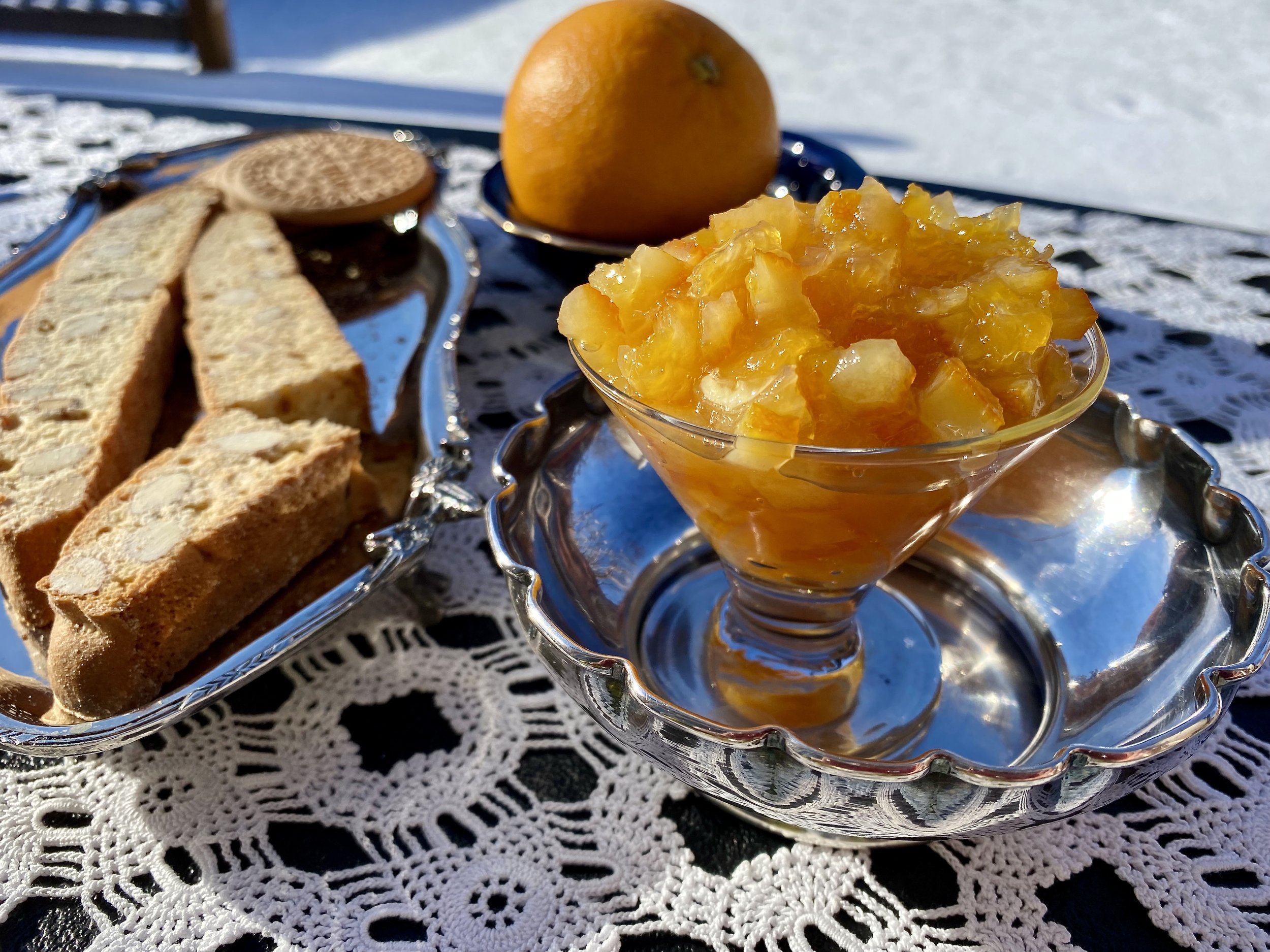

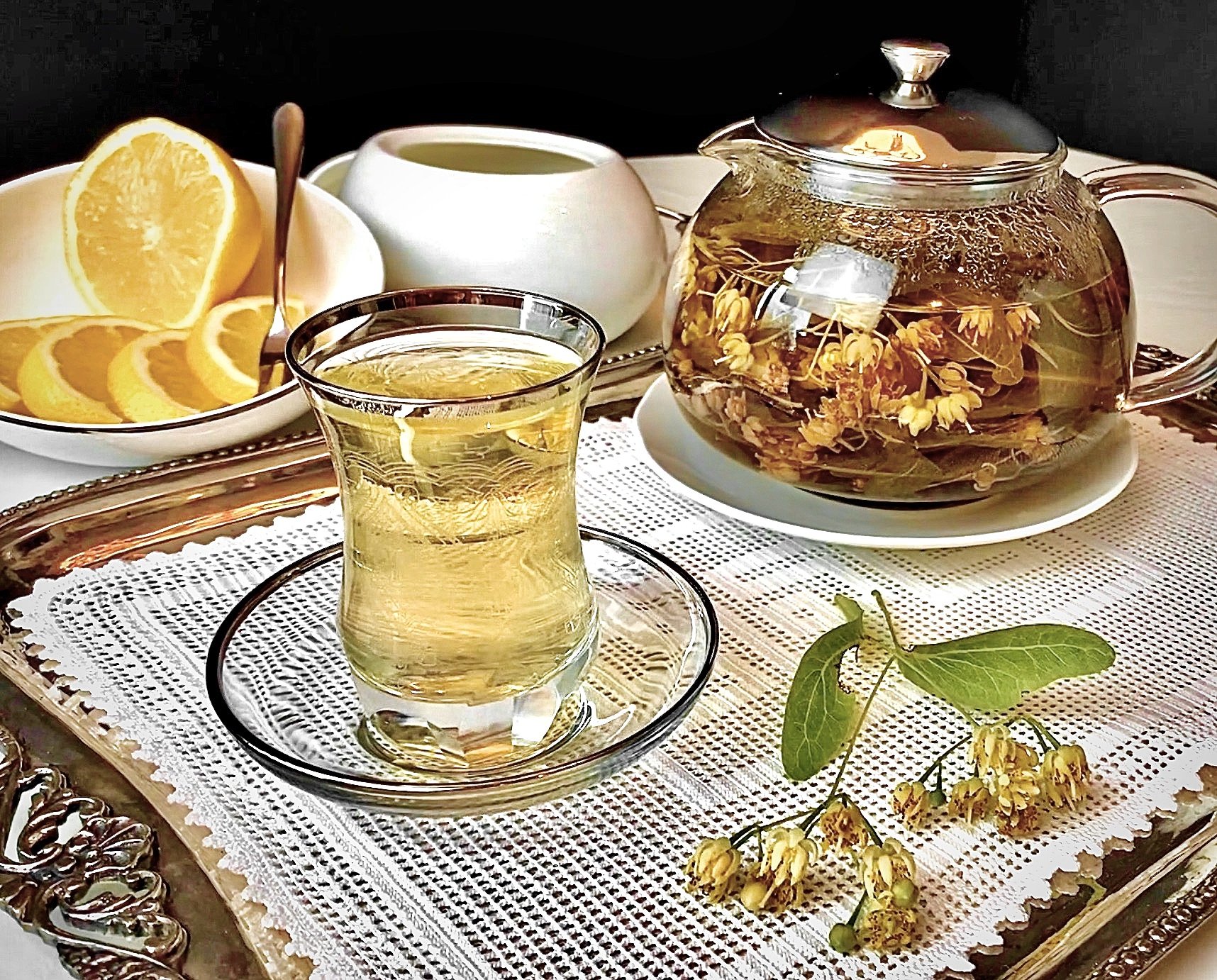
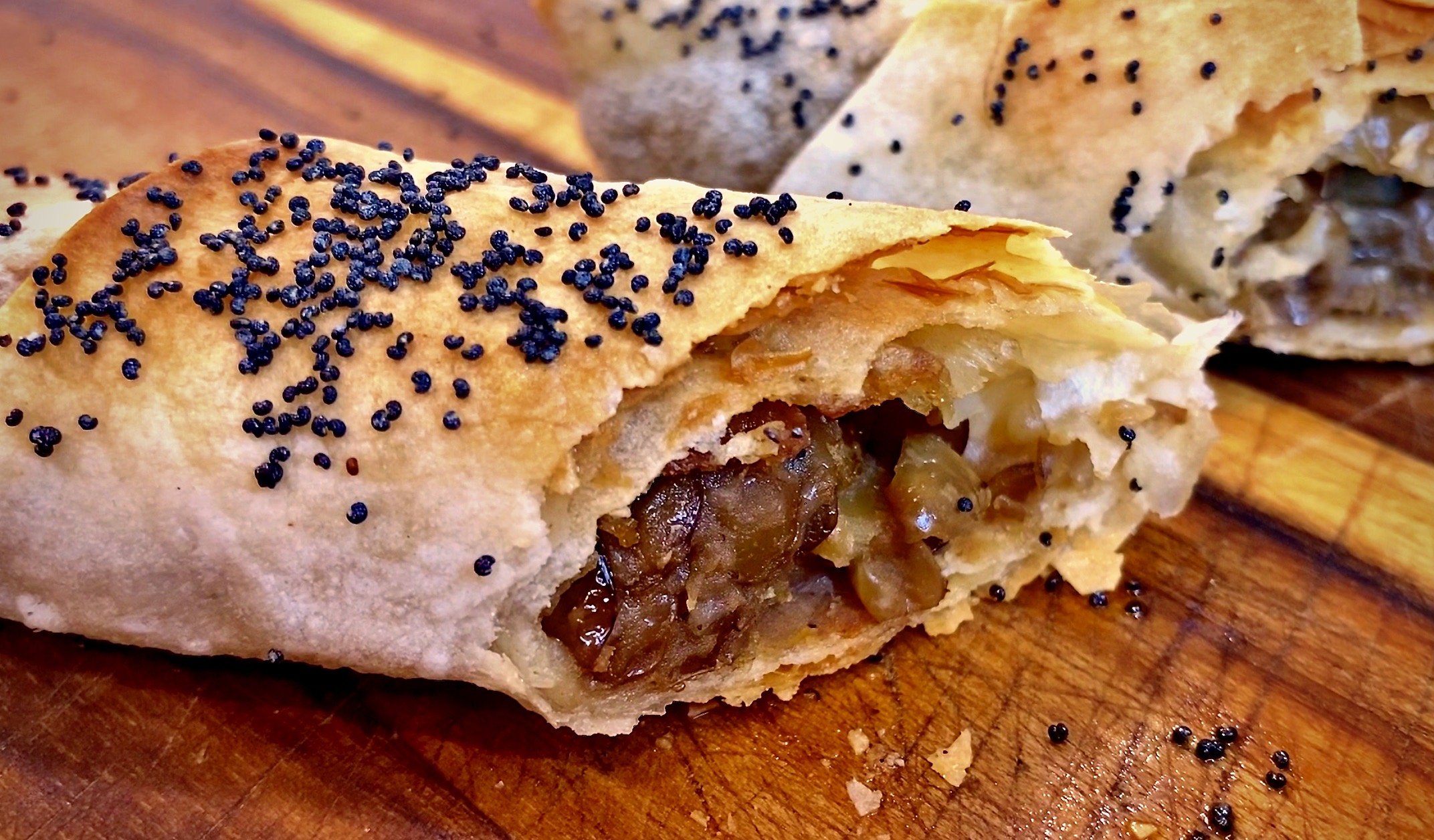

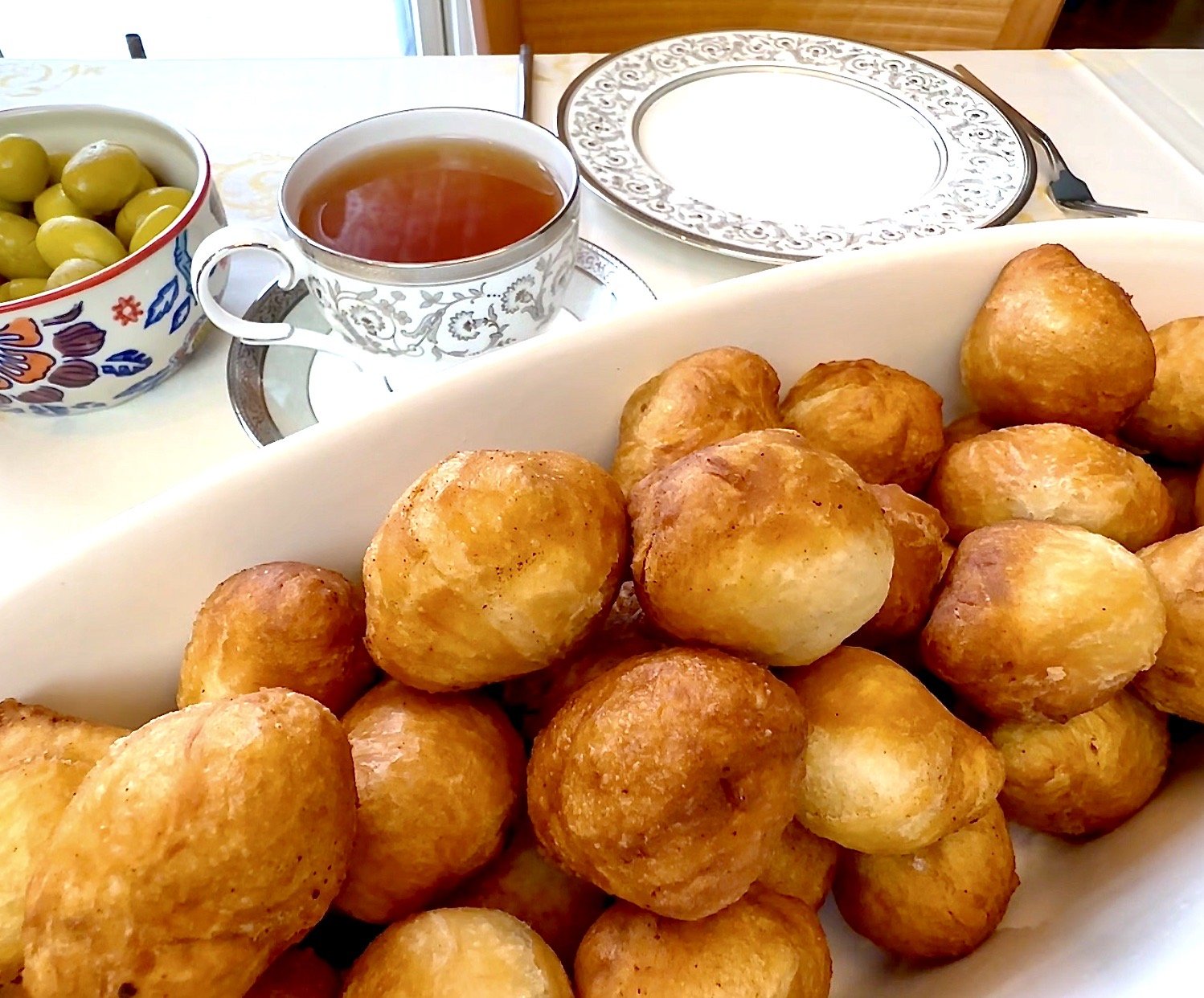
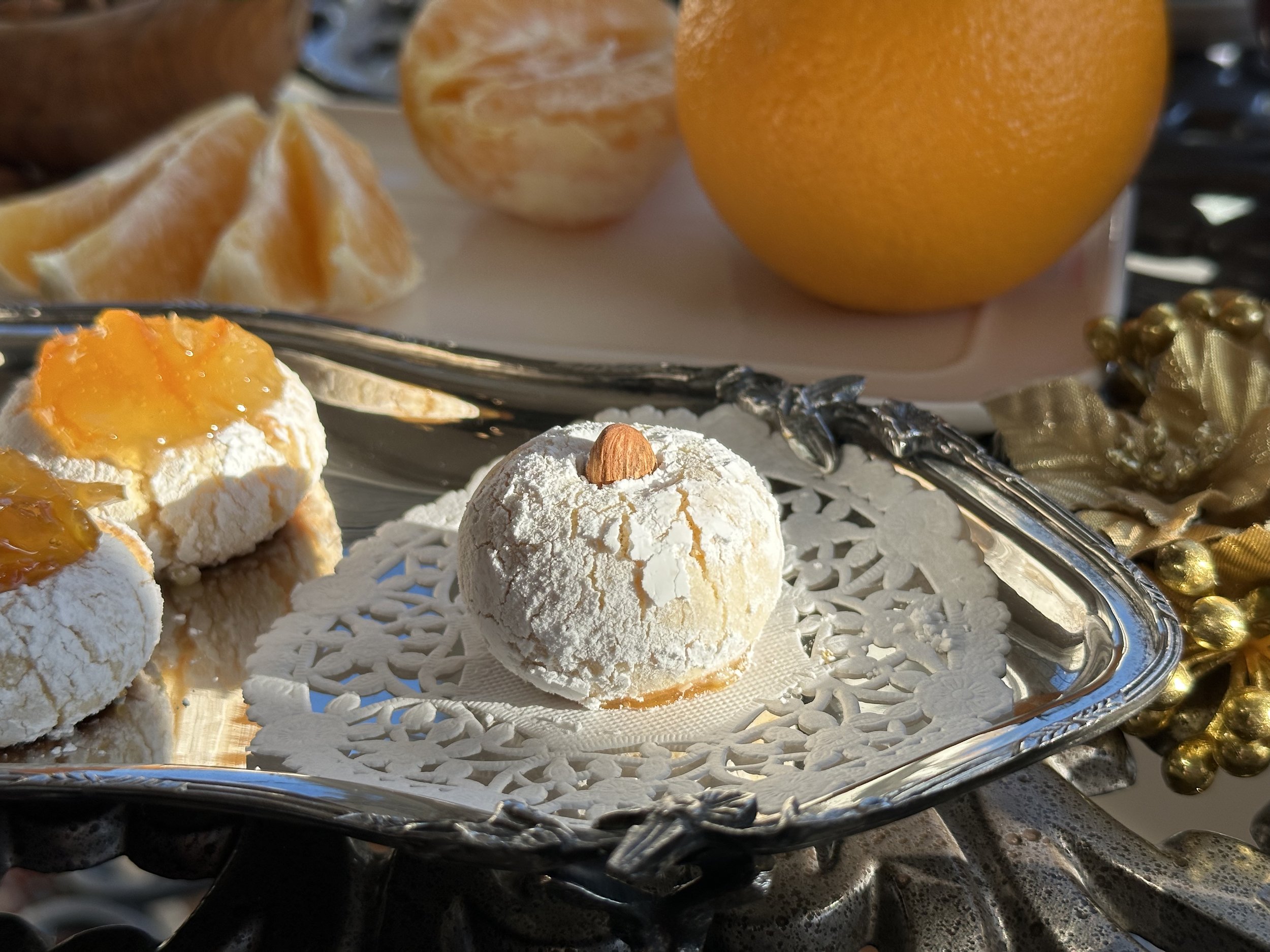
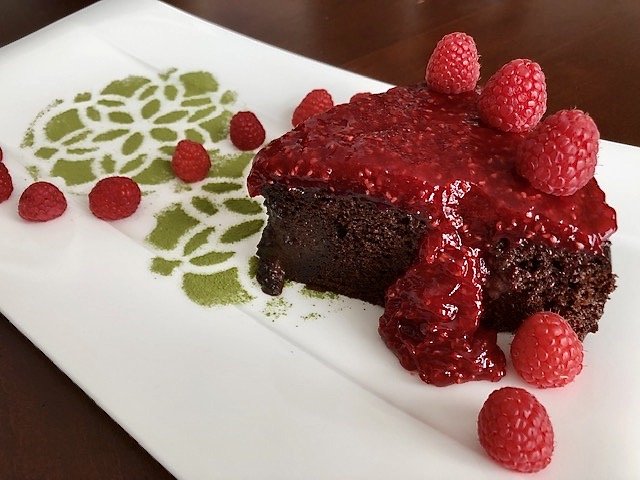

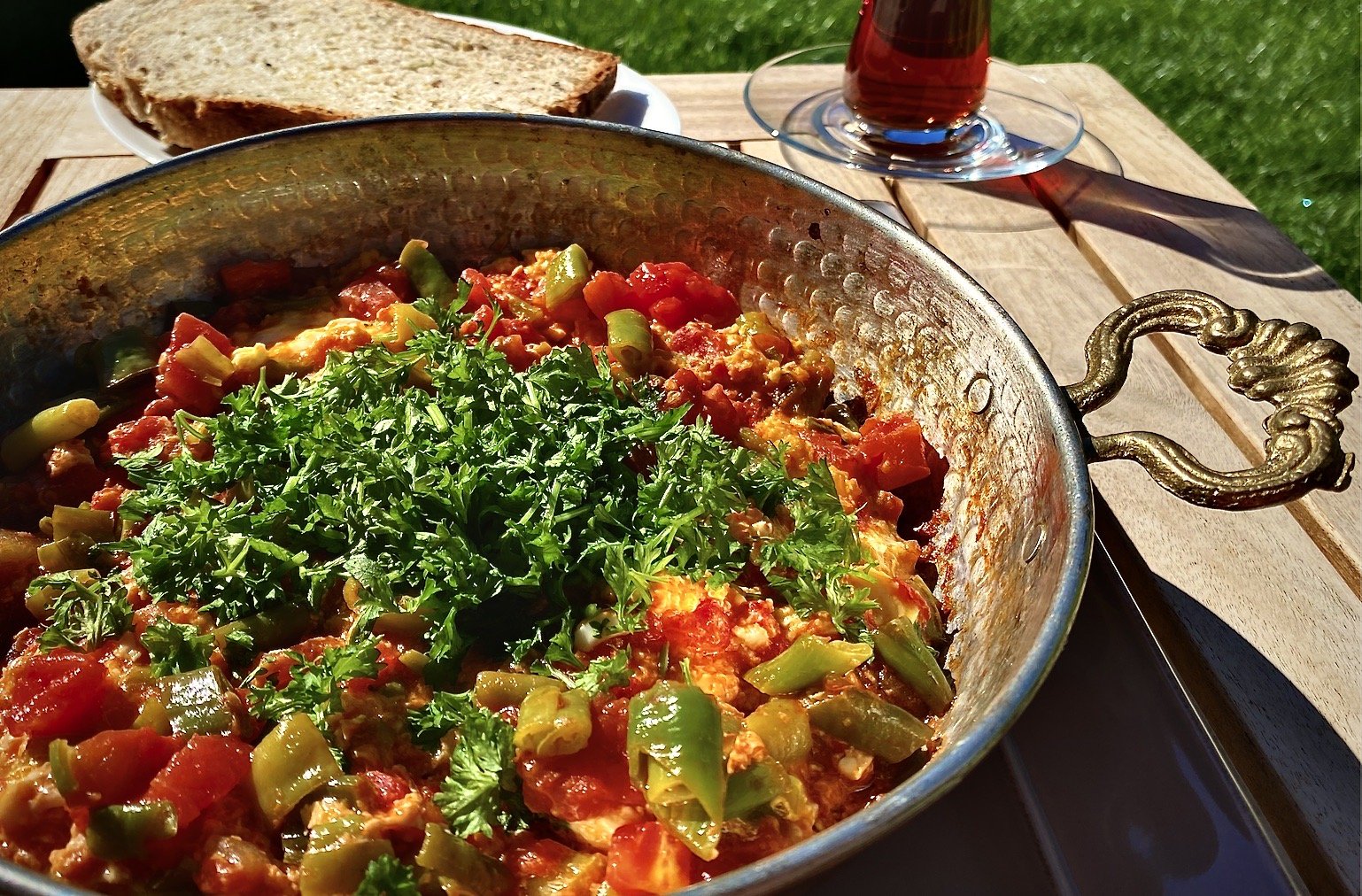

What if the healthiest thing you could do is stop believing everything in the grocery aisle that calls itself “super”?